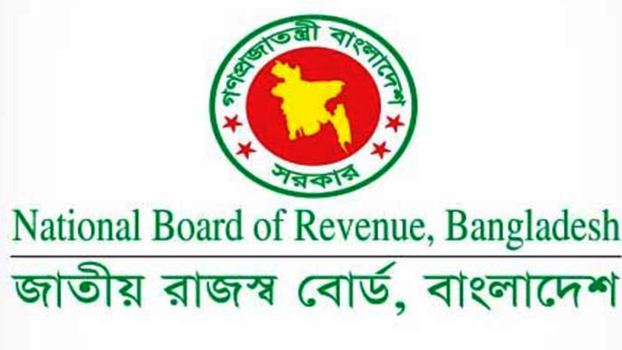NBR research recommends increasing supplementary duty on bidi

National Board of Revenue research recommends increasing supplementary duty (SD) on bidi, levying a portion of SD as specific tax and spending the additional revenues earned on alternative employment of bidi workers, said a press release of an anti-tobacco organization on Friday.
The release said , Bidi manufacturers and some beneficiary bidi-laborer leaders fabricate the number of laborers working in the bidi industry in order to influence policymakers just before the declaration of the annual budget each year.
They claim that any increase of taxes will lead to the shutdown of bidi factories, which will lead to the unemployment of 2-3 million laborers. These fictitious numbers of bidi laborers that they come up with every year are false and intentional.
According to the research report The Revenue and Employment Outcome of Bidi Taxation in Bangladesh published by the National Board of Revenue (NBR) in 2019, the total number of full-time equivalent workers, including those regular, irregular, and contractual, are only 46,916.
Laboring in bidi industry is full of life-threatening risks, but with very low payment (on average a monthly income of only 1,972 Taka). It is barely possible to run the household with a single person’s earnings. Eventually, in most cases almost all the members of the family including the children and women are forced to join the hazardous work of the bidi industry.
The research report recommended imposing specific excise tax alongside increasing the supplementary duty in order to increase the price of bidis effectively. Deaths of millions of current and future bidi smokers can be prevented by effectively increasing the bidi tax and price while the revenue from the bidi sector will be more than doubled.
The research also said that, utilizing the surplus revenue earned from the bidi sector for training and employment generation for the laborers could easily rehabilitate the ill-fated laborers of this hazardous industry.
In that case, the government will have to take multiple economic initiatives for the alternative employment opportunities of bidi laborers. 78.4 percent of bidi laborers have stated that they wish to leave such hazardous line of profession if rehabilitation initiatives are taken by the government, said the research report.
The research report reflected a number of recommendations including the change of tax structure of bidi: Increasing supplementary duty of bidi and forming a special fund with the surplus revenue for creating alternative employment opportunities for bidi laborers; Levying a portion of supplementary duty as specific tax; Exploring alternative employment opportunities by the private and public initiative in districts with bidi factories through the collaboration of National Tobacco Control Cell and NBR with the Ministry of Labor and Employment; Working jointly with NGOs, bidi labor associations and civil society organizations in order to remove the bidi laborers from the hazardous profession; and Facilitating appropriate education, training and employment opportunities locally for the women, children, old-aged and handicapped bidi laborers.



